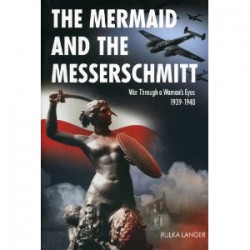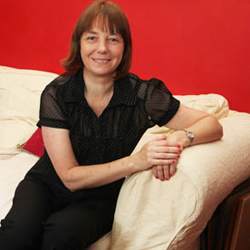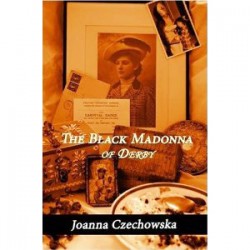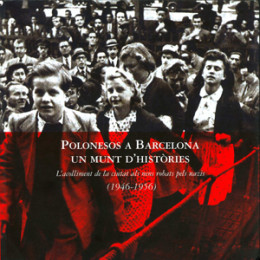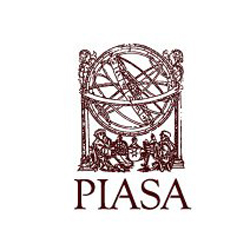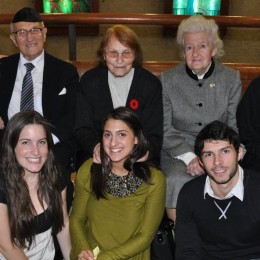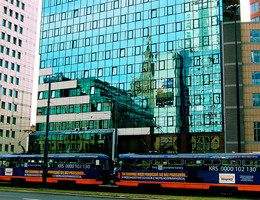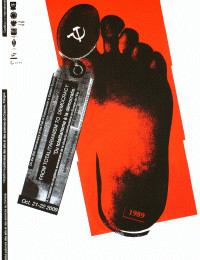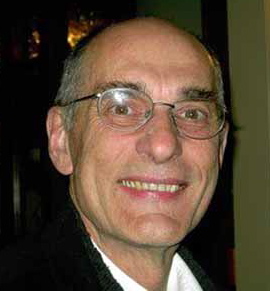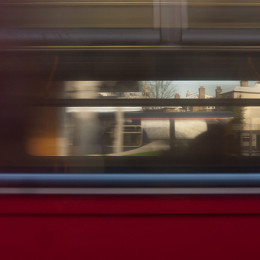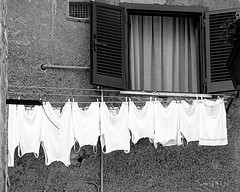2009 — Winter / Books
Anyone who’s ever read memoirs written during or immediately after the war knows how very different they are from those written many years later. The writing is vivid, unembellished, adrenalin charged. Memories have not yet faded, been tampered with. There is no editorializing. War is an experience unlike any other. Nobody comes out of it unchanged. When these experiences are recorded by gifted writers – and Rulka Langer certainly was that — they are at once harrowing, inspiring and breathtaking.
2009 — Winter / Books
A great cover and a good review are often enough to get someone interested in a book, but it is not often that the book leads to curiosity about the publisher. Yet that is exactly what The Mermaid and the Messerschmitt did. Who published this beautiful book? Aquila Polonica? A new publishing house dedicated to the Polish World War II story? Who are they, and why this focus?
2009 — Winter / Interviews
CR gleaned some background information about Joanna Czechowska, the author of The Black Madonna of Derby, from published interviews. We knew she was born in England to a Polish airman father and an English mother, and that in her early childhood she was not only raised by her Polish grandmother but spend the first ten years of her life in a community with postwar Polish refugees in the UK.
2009 — Winter / Books
by CR × on November 23, 2009 at 9:30 am ×
An interview with Joanna Czechowska in The Guardian sparked CR’s instant interest in her book, The Black Madonna of Derby. Although her mother was English, Czechowska was raised in her father’s Polish community, complete with Saturday schools, scout groups and dances in the Polish Hall. Since her mother worked, Czechowska was raised by her adored and adoring Polish grandmother, who spoke several languages but none of them English.
2009 — Winter / Books
From Barcelona comes a vibrant, moving account of hope and resilience in the form of a visually stimulating, richly illustrated book: Poles in Barcelona and Their Stories: How the City Welcomed Polish Children Stolen by the Nazis (1946-1956).
2009 — Winter / Books
Someone once joked that the best thing about reading Reviews is that you can discuss the books at dinner parties without actually having to read them. Well, if you read the very best of the Reviews there is an element of truth in that, though do bear in mind that not all Reviews are created equal.
2009 — Winter / Interviews
As we reflect on the 20 years since the fall of communism in Europe and ponder what the future may hold, CR recently had a chance to ask a few questions of Professor Marek Suszko, who teaches at the Department of History at Loyola University in Chicago. He shared some insight about the positive developments that have taken place in Poland since 1989, the country’s role in the EU and its relationship with the United States.
2009 — Winter / Features
In early November, just in time for Holocaust Education Week, a special delegation from Poland arrived in Canada. Three Righteous Gentiles, who between them saved seven Jews from Nazi terror and helped countless others and a child Holocaust survivor, sheltered and later adopted by a Christian couple, came to tell Canadians their stories.
2009 — Winter / Features
What can I say about Poland, after one month in Warsaw? That the Poles have become more American than the Americans? If not entirely accurate, like other facile observations, there’s a grain of truth here. Part of the reason is that Poles are doing well these days.
2009 — Winter / Features
The McGill University campus in Montreal, Canada was the setting of a recent international conference organized by the Polish Institute of Arts and Sciences in Canada on the 20th anniversary of the fall of communism in Europe. From Totalitarianism to Democracy: Twisted and Unfinished Road took place on October 21-22, 2009 and featured seventeen speakers from Canada, the United States, Poland, Germany and Australia.
2009 — Summer / Poetry
CR’s Poetry Editor shares some of his “Kitchen Polish.”
2009 — Summer / Features
It was 1967. I was twenty-four, a freshly-minted architecture graduate spending a year abroad. After driving through France and Spain, and an idyllic several months on the island of Formentera, I was back in Paris, staying with my uncle and aunt, before returning to Canada. But first, I wanted to visit Poland… Architecture critic Witold Rybczynski reminisces.
2009 — Summer / Features
I recently reminisced about my son’s visit to England when he was eighteen. He took his bike with him and had his itinerary well planned. It included a trip to Hatherleigh, a little town in Devon where my family spent a year when my parents were reunited after their long wartime separation.
